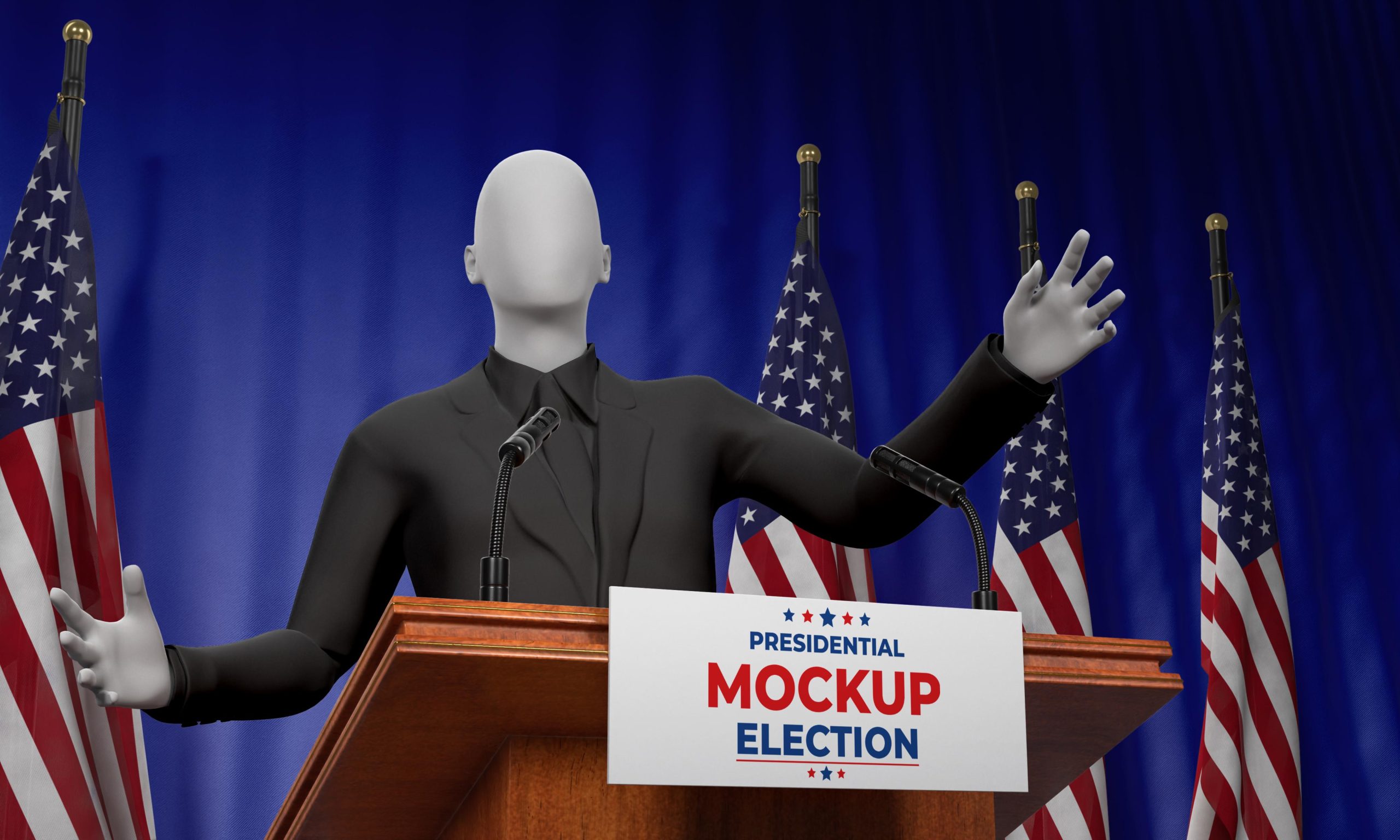Do you ever wonder how the United States elects its President? Well, let us explain what U.S. Presidential Elections Indirect Vote means and its significance in the American political system. Through the Electoral College system, candidates are elected not by a direct popular vote, but through a complex process involving representatives. This method has sparked debates and controversies, with arguments for both its preservation and abolition. Join us as we explore the history, criticisms, and future of the U.S. Presidential Elections Indirect Vote.
Indirect Elections in the US and Other Countries
When considering indirect elections in the US and other countries, it is important to understand the process and significance of this method of selecting leaders. Indirect elections are commonly used in parliamentary systems, where citizens vote for representatives or parliamentarians who then choose the head of state. This indirect election process allows for a more structured and representative system of governance.
In these electoral systems, representation methods vary, but the role of representatives is crucial. They act as intermediaries between the citizens and the government, ensuring that the interests and concerns of the people are adequately represented. The representatives play a vital role in the decision-making process and are accountable to the citizens who elected them.
The indirect election process in parliamentary systems provides a degree of stability and continuity in leadership. It allows for a more deliberative and collaborative approach to governance, as representatives can engage in extensive debates and negotiations before making their final decision. This system also ensures that the head of state is chosen by a broader group of individuals, rather than relying solely on the popular vote.
Understanding the indirect election process and its significance in different countries can shed light on the complexities of electoral systems and the role of representatives in shaping the leadership of a nation. It is a method that balances popular participation with the need for effective governance and representation.
History and Process of US Indirect Elections
How does the history and process of US indirect elections contribute to the selection of the President?
The history and process of US indirect elections play a crucial role in the selection of the President. Here are three key points to consider:
- US Electoral System: The US follows an electoral system where the President is not directly elected by the popular vote. Instead, the President is chosen by the Electoral College, a body of electors representing each state. This system was established by the Founding Fathers to balance the interests of smaller and larger states.
- Seventeenth Amendment: Prior to the ratification of the Seventeenth Amendment in 1914, US Senators were not chosen by direct vote. The amendment changed this by allowing Senators to be elected directly by the people. This marked an important shift towards a more democratic process in US elections.
- Electoral College Controversy: The use of the Electoral College has been a subject of controversy. In some instances, the candidate who wins the popular vote may not necessarily win the presidency. This has led to debates about the fairness and effectiveness of the system, with calls for reforms or even the abolition of the Electoral College.
Understanding the history and process of US indirect elections is essential for comprehending the unique nature of the US electoral system and the factors that shape the selection of the President.
Criticisms and Controversies of the Electoral College
One major criticism of the Electoral College is its potential to override the popular vote in selecting the President of the United States. This has raised concerns about the democratic legitimacy of the system and representation of the people’s will. Critics argue that the winner-takes-all approach used by most states in the Electoral College can dilute the votes of larger, more populous states, leading to an unfair distribution of power.
To emphasize the representation concerns, consider the following table:
| Criticism | Explanation | Proposed Solution |
|---|---|---|
| Electoral Reform | Critics argue for a reform of the electoral system to ensure that the President is elected based on the popular vote. | Implementing a national popular vote system could address the issue and ensure that the candidate with the most votes wins the presidency. |
| Popular Vote | Critics believe that the popular vote should be the sole determinant of the presidency to reflect the will of the people. | Abolishing the Electoral College and adopting a direct popular vote system would address this concern. |
| Electoral College Reform | Critics propose various reforms to the Electoral College, such as proportional allocation of electors based on the popular vote. | Implementing a proportional allocation system would ensure a fairer representation of the voters’ preferences. |
The controversies surrounding the Electoral College have sparked numerous debates and calls for reform. However, any changes to the system would require a constitutional amendment, which is a challenging process. As a result, the issue of Electoral College reform is likely to continue being discussed in future elections.
Competing Views on the Electoral College
As we delve into the competing views on the Electoral College, it is important to consider the ongoing debates and discussions surrounding its role in the U.S. presidential elections. Here are three key points to consider:
- National Popular Vote: One view is that the Electoral College should be abolished in favor of a national popular vote. Advocates argue that this would ensure that the candidate who receives the most votes nationwide becomes the president, promoting a more democratic system.
- Electoral Reform: Another perspective is that while the Electoral College should remain in place, reforms are needed to address its shortcomings. Some propose changes such as proportional allocation of electors based on the popular vote in each state, or a ranked-choice voting system. These reforms aim to better reflect the will of the voters and reduce the likelihood of a candidate winning the presidency without winning the popular vote.
- State Power: Supporters of the Electoral College argue that it protects the interests of smaller states by giving them a proportionate voice in the election. They contend that without the Electoral College, candidates would focus solely on highly populated areas, neglecting the concerns and priorities of less populous states.
The issue of the Electoral College and its future is likely to continue being a topic of discussion, particularly during presidential campaigns. The competing views reflect differing opinions on the balance between state power and the principles of democracy in the U.S. electoral system.
Possible Fix to the Electoral College
To address the ongoing debates surrounding the Electoral College, one possible fix that has gained momentum is the National Popular Vote Interstate Compact. This initiative offers an alternative to the Electoral College by advocating for a direct popular vote for the President of the United States. Under the compact, participating states would pledge to award their electoral votes to the candidate who wins the national popular vote, regardless of the outcome in their own state.
The National Popular Vote Interstate Compact is seen as a potential solution to the perceived flaws of the Electoral College system. Advocates argue that a direct popular vote would ensure that every vote counts equally and would eliminate the possibility of a candidate winning the presidency without winning the popular vote. Additionally, it would encourage candidates to campaign in all states, rather than focusing only on swing states, which could lead to a more representative and inclusive democratic process.
However, there are also concerns and criticisms surrounding this proposal. Critics argue that a direct popular vote could potentially marginalize smaller states and give more power to densely populated areas. They also raise concerns about the logistical challenges of implementing such a system on a national scale.
While the National Popular Vote Interstate Compact presents a potential solution to the issues associated with the Electoral College, it is important to consider the broader context of electoral reform proposals and the impact of the Electoral College on democracy. International perspectives on indirect elections can also provide valuable insights into alternative approaches to selecting national leaders. As the discussion continues, it remains to be seen whether the National Popular Vote Interstate Compact or other reform proposals will gain widespread support and lead to significant changes in the U.S. electoral system.
Importance and Benefits of JavaScript and Cookies
Enable JavaScript and cookies on your web browser to experience the full benefits and functionality of websites. Here are three reasons why JavaScript and cookies are important for a seamless browsing experience:
- Security concerns: JavaScript and cookies vulnerabilities can pose risks to user data and privacy. Malicious scripts can exploit vulnerabilities in JavaScript, potentially compromising sensitive information. Additionally, cookies can be used for tracking user behavior, raising privacy concerns. However, regularly updating browsers and using security software can help protect against these risks.
- Privacy implications: Tracking and third-party cookies are commonly used in e-commerce to personalize user experiences. While this can be convenient, some users may have concerns about their browsing activity being tracked across multiple websites. Clearing cookies periodically can help mitigate privacy risks associated with long-term tracking.
- User control: Most modern web browsers provide settings to enable or disable JavaScript and cookies. Users can choose to block or allow specific websites from using JavaScript and cookies. Additionally, browser extensions and add-ons can provide additional control over JavaScript and cookie management. Clearing cookies regularly and updating browsers can help maintain privacy and prevent unnecessary data accumulation.
While cookies have been the traditional method for storing user information, alternatives such as local storage and browser fingerprinting are being explored. These alternatives aim to provide similar functionality without some of the privacy concerns associated with cookies. Furthermore, JavaScript frameworks and evolving web standards continue to drive advancements in web development, enabling more advanced web applications. Overall, JavaScript and cookies will likely remain integral to web development and user experiences in the foreseeable future.




